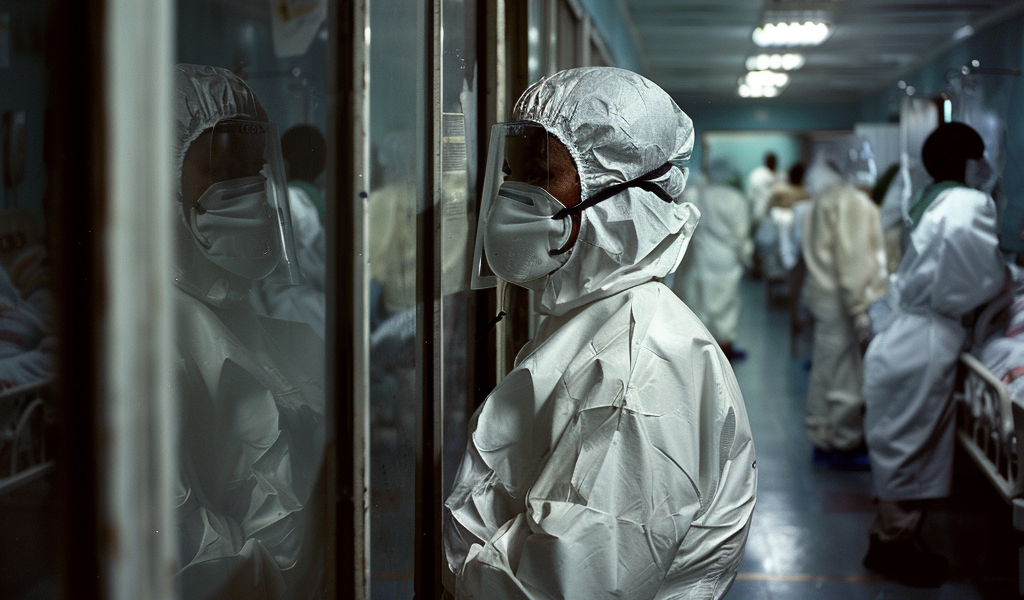A tragic incident has struck South Africa as a second person has succumbed to the viral infection known as mpox, formerly called monkeypox. The announcement was made by the country’s health minister, Joe Phaahla, less than 24 hours after the first death from the virus was reported. The two victims, aged 37 and 38, were confirmed to have died due to the virus.
Minister Phaahla revealed that a total of six cases have been recorded in South Africa this year, with two in Gauteng and four in KwaZulu-Natal. All cases were severe, necessitating hospitalization. Strikingly, all diagnosed individuals were between the ages of 30 and 39 and had not traveled to countries experiencing outbreaks, indicating local transmission of the disease.
Mpox is a viral infection that spreads through close contact, with initial symptoms including fever, headaches, swellings, back pain, aching muscles, and the development of a rash. The World Health Organization (WHO) had declared a public health emergency over an mpox outbreak in 2022, and although the emergency was lifted last year, sporadic cases continue to be reported in various countries.
Expressing concern, Minister Phaahla emphasized the importance of seeking medical attention for suspected symptoms and tracing contacts. He noted that the six diagnosed patients had pre-existing immuno-deficiencies and had contracted the disease since May. The virus has been reported in over 100 countries since 2022.
As of now, two infected individuals have been discharged, while two remain hospitalized. Close contacts of those who have succumbed to the virus will be monitored for 21 days. Monkeypox was first reported in humans in the Democratic Republic of Congo in 1970 and continues to be endemic there.
This tragic event serves as a reminder of the importance of disease prevention and management. The health minister’s plea for vigilance and prompt medical care underscores the gravity of the situation. With mpox cases still being reported globally, awareness and proactive measures are crucial in combating the spread of this infectious disease.





